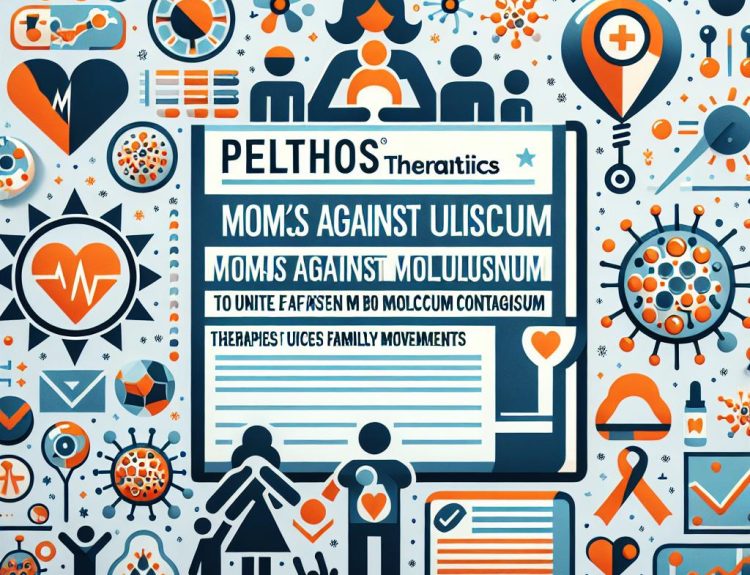Collegium Pharmaceutical has launched a high-profile awareness collaboration with Paris Hilton centered on adult ADHD, with plans for Hilton to discuss her diagnosis, treatment journey, and personal experience using Jornay PM, the company’s evening-dosed methylphenidate extended-release product for patients aged six and older. The initiative lands at the close of ADHD Awareness Month and positions Collegium’s neuropsychiatry franchise—anchored by Jornay PM—as a growth pillar alongside its pain portfolio.
The strategic calculus is clear: deploy mainstream cultural reach to reframe ADHD as a lifelong condition, drive earlier engagement with healthcare providers, and differentiate a branded stimulant based on its unique pharmacokinetic profile. Yet it also raises the stakes. Celebrity-led campaigns for controlled substances are still relatively uncommon and draw heightened scrutiny from regulators, payers, prescribers, and advocacy groups. The core question is whether Collegium can convert broad-based awareness into payer-supported demand without tripping compliance wires or inviting backlash amid ongoing debates over stimulant prescribing and misuse.
Timing and context favor the push. Adult ADHD prevalence and diagnosis have accelerated, catalyzed by greater public dialogue and the persistence of symptoms beyond childhood. Telemedicine remains a critical access channel, with federal flexibilities for controlled substance prescribing extended through 2025, keeping virtual care in play for assessment and refills. At the same time, stimulant supply volatility and pharmacy-level constraints have complicated patient access and adherence, making brand reliability and patient support programs more consequential for retention. This is a moment when patients and providers are seeking practical solutions, but any promotional move must navigate concerns about overdiagnosis, diversion, and fair-benefit communications.
For payers, the campaign’s success will hinge on evidence that Jornay PM solves a meaningful functional problem that generics do not. The product’s evening dosing and morning-onset profile aim to address early morning functioning and sustain control through the day, a differentiator that needs to be substantiated in real-world outcomes and translated into utilization management wins. Expect formularies to maintain step edits through generic methylphenidate and tight prior authorization criteria, increasing the burden on Medical Affairs to generate data on daily functioning, adherence, and caregiver or workplace impact, not just symptom scales. RWE that connects the timing of symptom control with real-life performance metrics could be decisive in payer negotiations.
For HCPs, the campaign may drive an influx of adult patients seeking evaluation, including those who were never assessed in childhood. Clear guidance on diagnosis in complex comorbid populations, safe use of stimulants, and transitions from telehealth-initiated care to in-person follow-up will be critical. Educational efforts that emphasize individualized treatment selection across stimulants and non-stimulants, and that address risk mitigation and monitoring, will build credibility and guard against perceptions of brand-first messaging.
Competition, the ADHD market is crowded with generics, newer non-stimulants, and alternative methylphenidate formulations. A celebrity-backed narrative could reframe category conversation around timing of effect and daily functioning rather than simple symptom reduction, potentially forcing rivals to respond with their own patient-centered evidence and engagement strategies. More broadly, this move reflects a trend of mid-cap pharma diversifying into CNS and leveraging influencer-style communications to bridge trust gaps with patients.
The next test is operational: can Collegium execute an influencer-forward, controlled-substance campaign with impeccable fair-balance discipline, generate payer-relevant RWE on functional outcomes, and sustain supply continuity—all while the policy environment around stimulants and telemedicine remains fluid? The answer will determine whether awareness translates into durable share gains or becomes a cautionary tale for celebrity-led promotion in CNS.
Jon Napitupulu is Director of Media Relations at The Clinical Trial Vanguard. Jon, a computer data scientist, focuses on the latest clinical trial industry news and trends.







